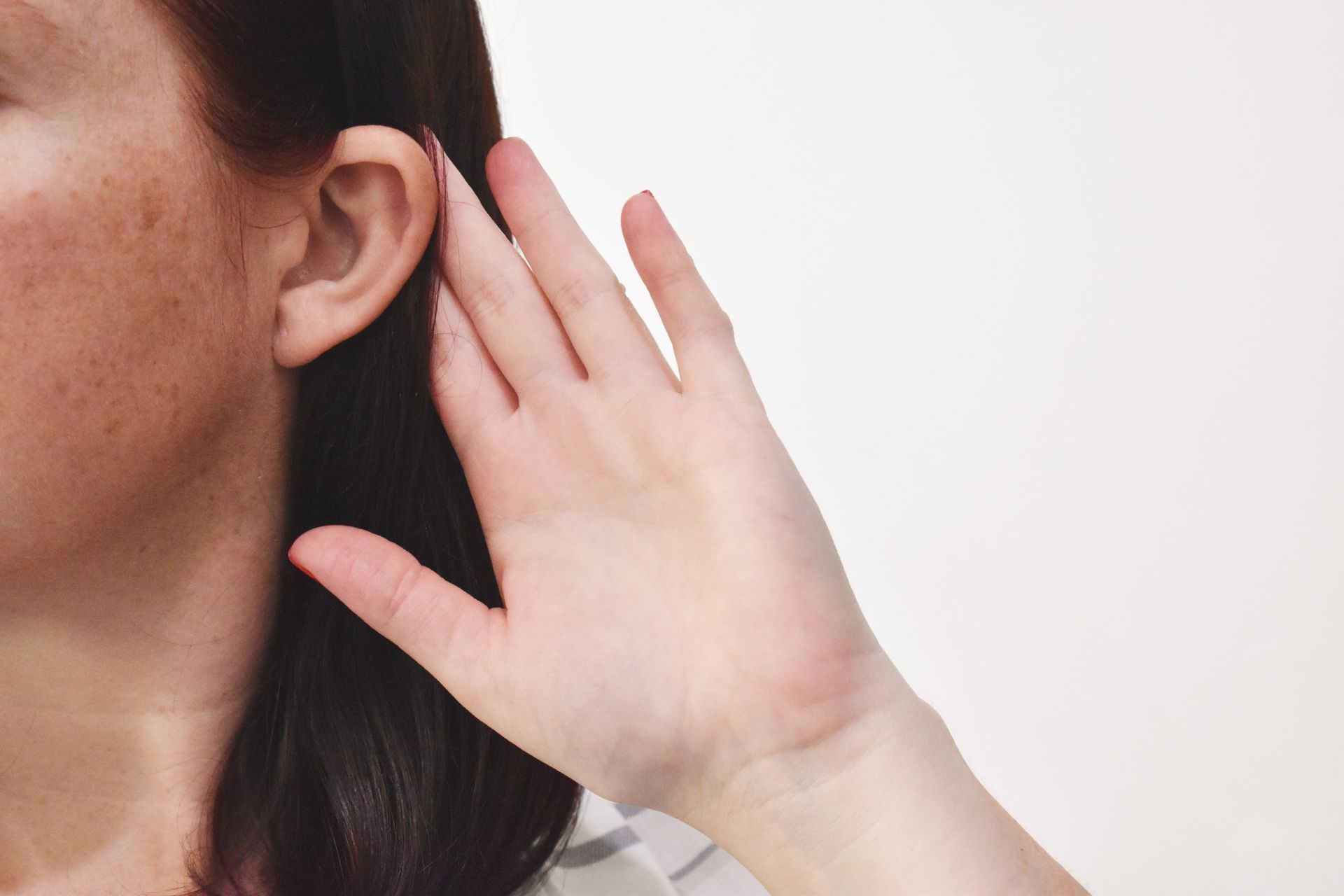Tinnitus Treatment
Tinnitus is the experience of hearing sound when there is no sound present.
You might experience:
- Ringing, Buzzing, Crickets, Clicking, Whistling, Or Hissing Noises.
- A Sporadic, Constant, Or Pulsing Consistency.
- The Same Or Varying Levels Of Volume.
- Single Or Multiple Tones.
- Worse Symptoms In Quiet Areas Or In Loud Environments.
Approximately one in 10 adults in the United States has encountered tinnitus in the past year. And more than a third of people with tinnitus have persistent symptoms.
Information about tinnitus is so sought after that it is one of the most frequently searched terms on the internet when it comes to hearing and ear-related issues.
What causes tinnitus?
The nerves of the auditory system frequently emit spontaneous activity in the brain, which is considered normal. Under usual circumstances, the brain successfully ignores this noise.
When someone is suffering from tinnitus, there is usually increased activity somewhere in the auditory system, and the brain interprets it as a ringing sound. Whether it is due to neuronal damage or a chemical imbalance, it is always experienced in the brain's auditory cortex.
There are two forms of tinnitus: primary and secondary.
- Primary Tinnitus
- Secondary Tinnitus
Tinnitus risk factors
Although anyone may encounter tinnitus, these factors can increase the risk:
- Exposure To Loud Noise: This can, over time, damage the tiny hair cells in your ear that carry sound to your brain. People who work in noisy environments - Including factory and construction workers, musicians, and soldiers - are especially at risk.
- Age: Around 27 percent of those aged 65-84 suffer from the condition. Working nerve fibers in your ears reduce as you get older, which can cause tinnitus and hearing problems.
- Smoking: People who smoke are more likely to experience tinnitus.
- Cardiovascular Issues: Conditions influencing blood flow, such as high blood pressure or narrowed arteries, can increase the risk of tinnitus.
What Are Tinnitus Treatment Options?
While most people with tinnitus learn to live with the condition, occasionally, the condition can begin to affect one's quality of life, including the ability to concentrate and sleep well.
Tinnitus treatment depends on your symptoms, age, and overall health. There is currently no known treatment for tinnitus, but individuals have found success with one or more of the following treatment options:
- Hearing Aids
- Sound Therapy
- A Support Group
- Mindfulness
- Tinnitus Retraining Therapy



